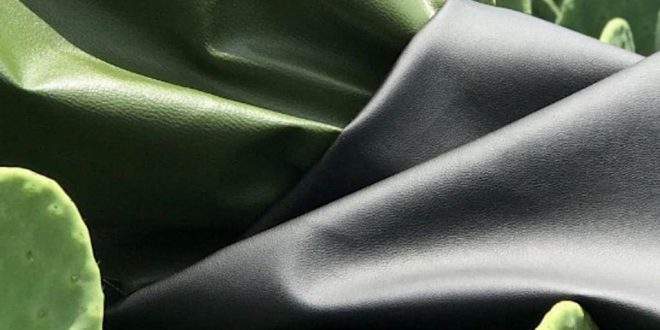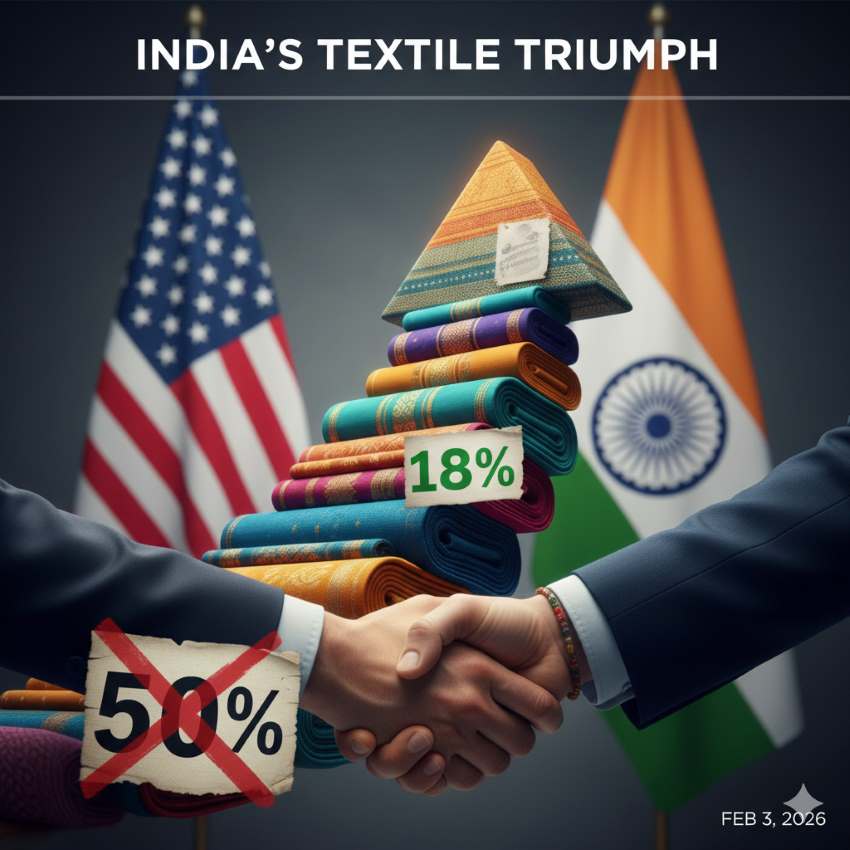
The European fashion industry seems to be going back to nature as fabrics made from plant-based materials are set to dominate most collections in autumn/winter 2022-23 season. A report titled ‘Survey of the European fabric fairs for autumn/winter 2022-23,’ by the global business information company Textiles Intelligence reveals, fibers extracted from banana, pineapple and agricultural waste will become especially popular during the season.
Performance fabrics to gain popularity
Fabrics for A/W2022/23 will focus on environmental sustainability as manufacturers will introduce collections made from fabrics combining performance with value. Fashion producers will also introduce collections made from artificial leathers, linen and fabrics made using fibres derived from plant waste. Zurich-based fabric producer Bananatex will launch a range of biodegradable and tear-resistant fabrics made using fibres derived from Abacá, a species of banana plant. Extremely durable, these Abacá fibres are mostly used to make shipping ropes. Grown by local farmers in Philippine highlands, these fibers can be found in the country’s sustainably managed forests
To use these abaca fibers derived fabrics in its accessories, apparel and footwear collections, Bananatex is collaborating with major apparel brands like the H&M. Launched in 2018, the company is relatively young compared to contemporaries like the Madrid, Span-based Pyratex that has developed a fabric made using agricultural waste derived from banana cultivation.
Stabilizing oil in the Himalayan regions
Pyratex has launched Element I, a plant-based fabric made using fibres extracted from the stalks of wild giant stinging nettle plants. Naturally strong and breathable, these fabrics are durable and comfortable to wear. Originating in the Napalese Himalayas, Nettle plants and their stalks are harvested annually to promote root growth and stabilize the soil, especially in the mountainous Himalayan regions.
Based in Illinois, US, Natural Fiber Welding is the first company to produce plant-based artificial leather at scale .The company launched Mirum, an artificial leather made with biopolymers derived from agricultural by-products. Artificial leathers are traditionally made using polymers such as polyurethane (PU) or polyvinyl chloride (PVC). However, Mirum fibers are derived from natural fillers, including coconut husk fibre, cork powder, natural rubber, rice husk fibre, and vegetable oil.
Focus on linen fabrics
A/W 2022-23 season will also focus on the linen fabrics. Manufacturers will explore the fibers’ thermo-regulating properties and make it suitable for various applications. Consumers will also continue to source more linen boosting demand during the A/W 2022-23 season, says the Confédération Européenne du Lin et du Chanvre (CELC--European Confederation of Flax and Hemp).












